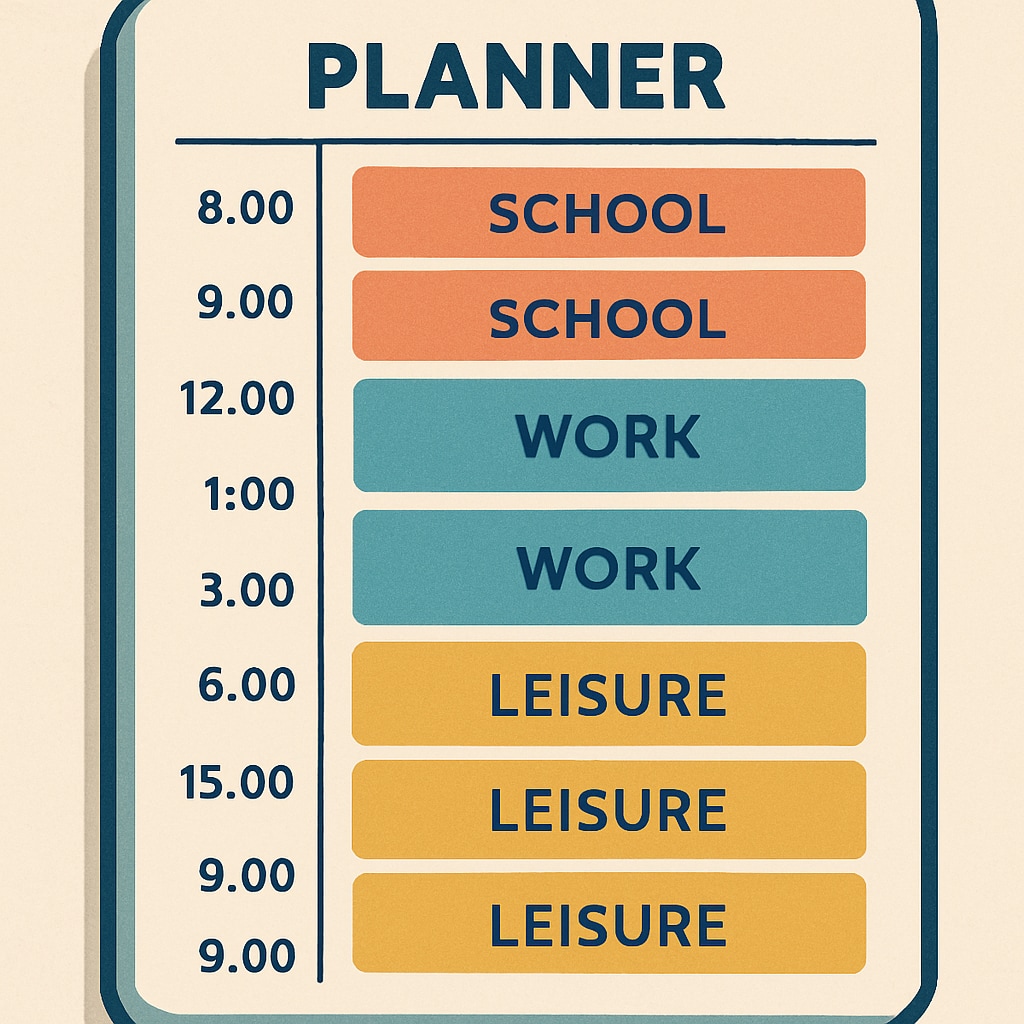Balancing high school jobs and academics is a growing concern for many families. Parents often wonder whether allowing their teenagers to work part-time will teach them valuable life skills or simply distract them from their studies. With the added element of earning their own spending money, this decision can have a profound impact on a student’s time management, financial habits, and future readiness. Striking the right balance is essential, and this article aims to provide insights and strategies for navigating this complex issue.
The Pros and Cons of High School Jobs
High school jobs can offer several benefits to students, but they also come with potential drawbacks. On the positive side, working while studying helps students develop independence, learn financial responsibility, and gain real-world experience. For example, teens who manage their own earnings often come to appreciate the value of money and develop budgeting skills early on.
However, the downside is that part-time jobs can interfere with academic performance. A job typically requires time and energy that might otherwise be devoted to homework, extracurricular activities, or rest. Students who overcommit may face stress or burnout, which could adversely affect their grades and overall well-being.
- Benefits: Financial independence, time management skills, and career preparation.
- Challenges: Reduced study time, fatigue, and potential stress from balancing multiple responsibilities.

Time Management: The Key to Balance
One of the most critical skills for students who work during high school is effective time management. Learning how to allocate time between school, work, and personal activities is essential for maintaining balance. Parents can play a role by helping their teens create a realistic schedule that prioritizes academics while allowing time for work.
For instance, setting limits on the number of hours a student works each week can prevent overcommitment. Additionally, encouraging teens to use tools like planners or time-tracking apps can help them stay organized and avoid last-minute stress.
As a result, students who master time management often find themselves better prepared for college and future careers, where balancing multiple responsibilities is commonplace.

Practical Tips for Parents
Parents play a crucial role in guiding their teenagers through the challenges of balancing work and academics. Below are some actionable tips to help parents support their children:
- Set Clear Priorities: Ensure schoolwork remains the top priority, even if your teen is excited about earning money.
- Communicate Regularly: Check in with your teen to discuss how they’re managing their workload and whether adjustments are needed.
- Limit Work Hours: Encourage part-time jobs with flexible schedules that do not exceed 10–15 hours per week during school terms.
- Teach Financial Skills: Use this opportunity to discuss budgeting, saving, and responsible spending habits.
- Monitor Stress Levels: Pay attention to signs of stress or fatigue, and intervene if necessary to help your teen rebalance their commitments.
Preparing Students for the Future
One of the key benefits of high school jobs is the preparation they provide for future employment. Students gain firsthand experience in workplace dynamics, such as teamwork, communication, and handling responsibilities. These experiences can boost their confidence and make them more employable after graduation.
However, it’s important to ensure that working doesn’t come at the expense of academic success. Parents should help teens find jobs that align with their interests or career goals, making the experience both meaningful and educational.
For example, a student interested in healthcare might consider volunteering at a hospital, while an aspiring entrepreneur could work at a local business. Aligning work with future aspirations not only enhances the experience but also helps students build relevant skills.
In conclusion: Balancing high school jobs and academics requires thoughtful planning and open communication. By encouraging responsible choices and providing guidance, parents can help their teens reap the benefits of employment without compromising their education.


